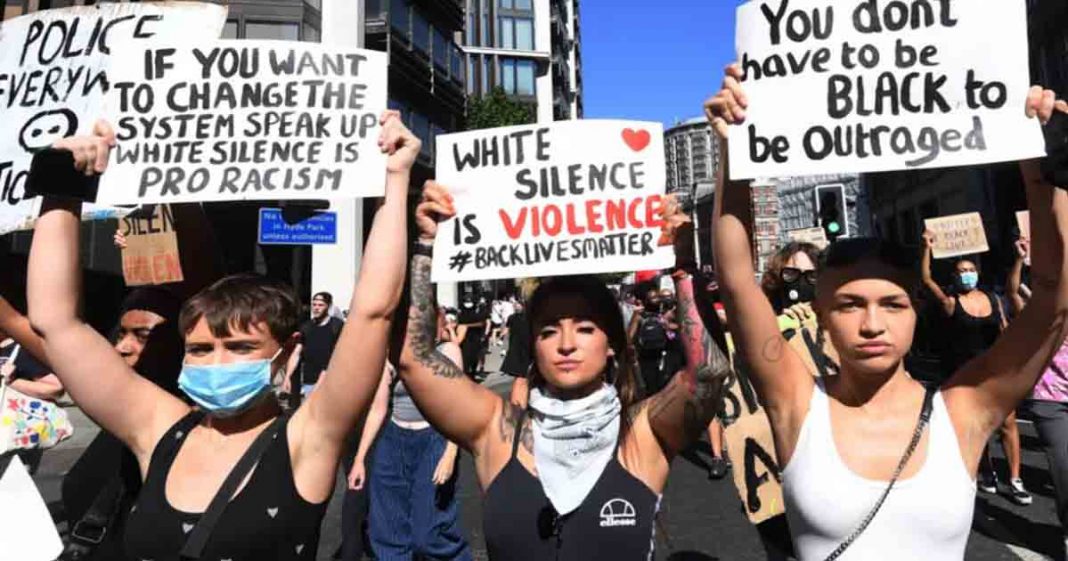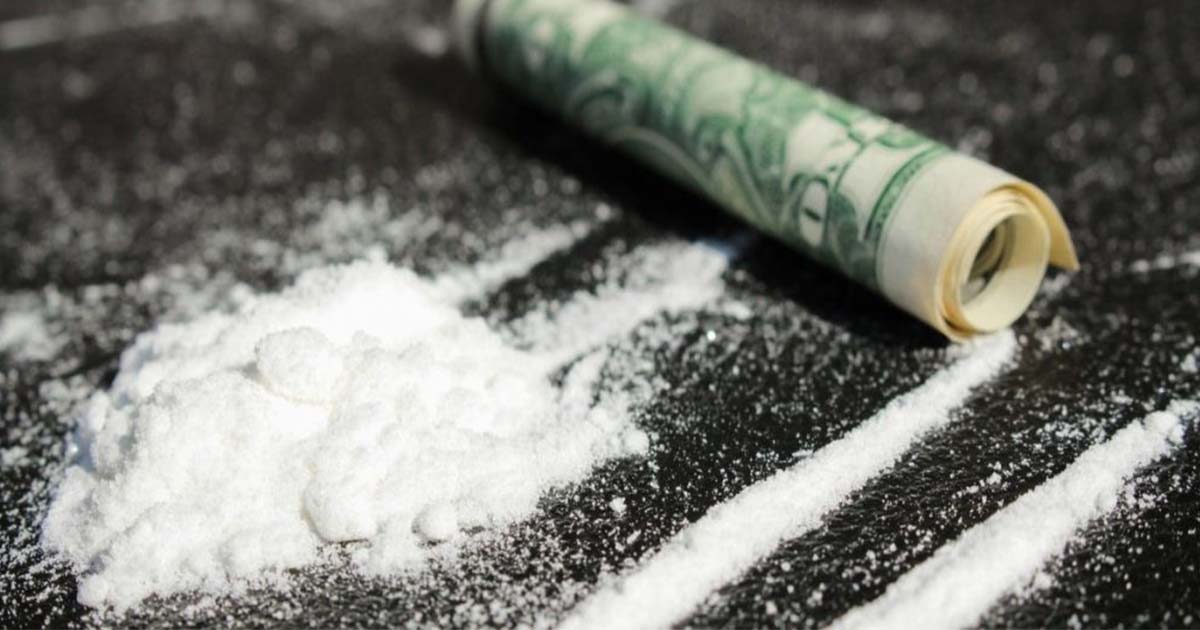“I can’t breathe.” These final words by George Floyd, before he breathed his last, revived bitter memories of a similar ordeal that David Dungay, a 26-year-old Aboriginal man went through in a Sydney prison in 2015. He was being restrained by five guards whose weight and pressure eventually silenced Dungay forever. Floyd, 46, asphyxiated the same way, as a white police officer knelt on his neck for nine minutes on May 25 in Minneapolis, Minnesota.
Millions of demonstrators – primarily in the US, but also across the world in dozens of countries – have taken to the streets to highlight systemic inequality and white privilege.
One of the movement’s slogans – “White Silence is Violence” – is a direct reference to the underlying causes of inequality and hatred, such as the white supremacist mindset that US President Donald Trump gave a nod to during the Charlottesville unrest in August 2017. “You also had some very fine people on both sides”, he said, while the other side comprised of neo-Nazis and white nationalists.
Read more: Acts of Racism, Homophobia, Anti-Semitism Spread Since Trump Was Elected President
Other leaders in the US are perhaps not as divisive. New York Governor Andrew Cuomo expressed his support for protesters in Minneapolis during his daily coronavirus briefing on May 29, 2020: “I stand with the protestors and I think all well-meaning Americans stand with the protestors. It’s not an isolated incident, it is a continuum of cases and situations that have been going on “for decades, and decades, and decades.
“These are just chapters in a book. And the title of the book is continuing injustice and inequality in America, and these are just chapters.
The chapters started modern day Rodney King in Los Angeles, 1991.
Abner Louima in New York, 1997.
Amadou Diallo in New York, 1999.
Sean Bell in New York, 2006.
Oscar Grant, Oakland, California, 2009.
Eric Garner, New York City, 2014.
Michael Brown, Missouri, 2014.
Laquan McDonald, Chicago, 2014.
Freddie Gray, Baltimore, 2015.
Antwon Rose, Pittsburgh, 2018.
Ahmed Aubrey in Georgia, 2020.
Breonna Taylor in Kentucky, 2020.
George Floyd in Minneapolis, 2020.
Canadian Prime Minister Justin Trudeau’s 21-second long silence in front of live cameras best encapsulated the dilemma and contradictions of the western democracies
That’s, that’s why the outrage. That’s why the frustration and the anger. It is not about one situation. It’s about the same situation happening again, and again, and again, and again, said Cuomo in the most passionate expression yet of solidarity with protestors. These are just chapters in a book and the title of the book is Continuing Injustice and Inequality in America.”
The latest crisis, triggered by Floyd’s murder continues a long and painful chain of protests dating as far back to the 1898 commotion in Wilmington, North Carolina, and beyond. The chain also includes the protests that erupted after the assassination of Martin Luther King Jr. in Memphis, Tennessee, in 1968.
Four major racial riots since 1919 and the 2005 Birmingham Riots also rocked the UK. India experienced at least four waves of racial and communal (mostly anti-Muslim) riots and pogroms in the last five decades (an overview of this trail of riots available in ensuing pages).
Read more: US Air Force compelled to take strong position against racism..!
Incensed over the west’s political and legislative support for Hong Kong’s opposition, Chinese officials, scholars, and state media also questioned the American democratic model and its criticism of Beijing.
“This situation in the U.S. will make more Chinese people support the Chinese government in its efforts to denounce and counter America,” Song Guoyou, a scholar at Fudan University in Shanghai, said in an interview with the New York Times. “The moral ground of the United States is indeed greatly weakened.”
Hong Kong leader Carrie Lam also took to the media. “We have recently seen these kinds of double standards most clearly with the riots in the United States,” Lam said.? “We can see how local authorities have reacted. But then last year when we had similar riots in Hong Kong, what was their position?”
The current turmoil in the US carries a lesson for us all. Consequences of racial, political, communal, and economic discrimination will continue to surface upon provocation
Canadian Prime Minister Justin Trudeau’s 21-second long silence in front of live cameras best encapsulated the dilemma and contradictions of the western democracies.
“We all watch in horror and consternation what’s going on in the United States… It is a time to pull people together, but it is a time to listen. It is time to learn what injustice is, and it continues despite progress over years and decades… but it is a time for us as Canadians to recognize that we, too, have our challenges that Black Canadians and racialized Canadians face discrimination as a lived reality every single day,” Trudeau said in response to a question during his daily press conference (June 2, 2020) from Ottawa.
Only a statesman like Trudeau demonstrated the courage to openly admit to the “systemic discrimination in Canada, which means our systems treat Canadians of colour, Canadians who are racialized differently than they do others.”
Read more: UN asks the US to end its ‘structural racism’ amid worldwide anger
The current turmoil in the US carries a lesson for us all. Consequences of racial, political, communal, and economic discrimination will continue to surface upon provocation. The answer lies in an inclusive, non-partisan, and non-political approach to preclude possibilities of recurring upheaval among the disadvantaged sections of the society, principle among them recognition of inequality and redressal.
Imtiaz Gul is the founder and Executive Director of the Centre for Research and Security Studies (CRSS), an Islamabad-based think tank. He is the author of Pakistan: Pivot of Hizbut Tahrir’s Global Caliphate. This article was originally published in Daily Times and has been republished with permission. The views expressed in this article are the author’s own and do not necessarily reflect Global Village Space’s editorial policy.














